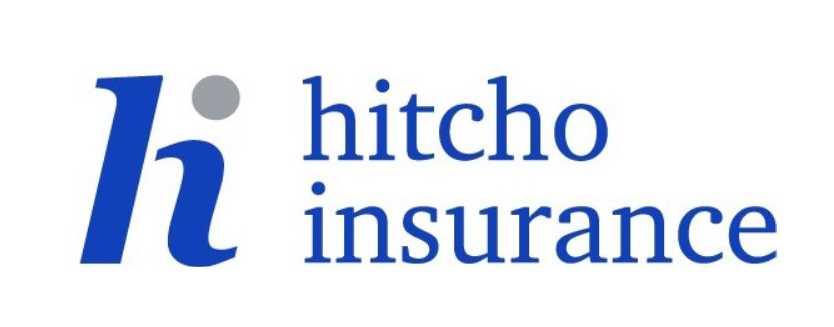This is a very common question, but it’s not always a simple yes or no answer.
Once someone has received disability income for 24 months, they are put directly into the Medicare system with coverage for Medicare Part A (hospital) and Medicare Part B (medical).
How do I know if I qualify?
This year in 2020, someone new to Medicare Part B will pay $144.60 a month on average for coverage, which is typically debited right out of their Social Security income. People in that circumstance will always receive an award letter from Social Security stating that they need to pay this amount. You’d think the answer to this topic’s question would be: “No, Medicare is not free for someone with a disability, and they would need to pay for Medicare.” However, that’s not always the case.
Many clients who are approved for SSDI (Social Security Disability Income) have often been approved for Medicaid before qualifying for Medicare. If this is the case, you are used to receiving your insurance from the state directly. Or, in many states, you receive your insurance from an insurance carrier whom the state uses to administer their state-funded health insurance. In Pennsylvania, qualifying clients used to carry a yellow card with the word “Access” written on it. Now, Pennsylvania outsources its coverage to a handful of different companies. It’s your responsibility to select which carrier to go with.
If you don’t choose a carrier, the state will automatically assign a company to represent you. If you qualify for this coverage and are put in Medicare Part A and B, the state will most likely cover your Part B premium of $144.60, which is the rate for the current year.
You’ll now be enrolled in Medicare Part A, Medicare Part B, and Medicaid.
You may also need a Medicare Advantage Prescription Drug Plan, but it would be best to consider shopping for a Medicare Advantage Prescription Drug plan with Dual SNP. Dual means being on both Medicare and Medicaid. SNP stands for Special Needs Plans. There might not be many options in your area. However, if there are options, you might find extra benefits, such as dental, OTC (Over the Counter) drug benefits, vision benefits, transportation, or gym memberships. These added benefits will come at no cost to you.
You’ll want to make sure that the insurance company covers your prescription drugs and that your doctors participate in that company’s network. Again, you do need to make sure it’s a Dual SNP Plan and not just a generic MAPD plan that anyone on Medicare without a disability can enroll into. Those plans require copayments to doctors and hospitals where your Dual SNP MAPD plan will most likely have no copayment.
What if I don’t qualify?
If you don’t qualify for Medicaid for any reason, or if you don’t qualify for any extra help from the state or federal government, then you will be forced to pay the $144.60 premium from your SSDI. You’ll want to educate yourself on Medicare Supplements, Medicare Advantage Plans, and Part D Medicare Prescription Drug Plans to help fill in the costs that are not covered by Medicare Part A and B.
If you have any questions or want to work with us as your Medicare brokers, give us a call at 610-694-9435 and receive your free consultation.


